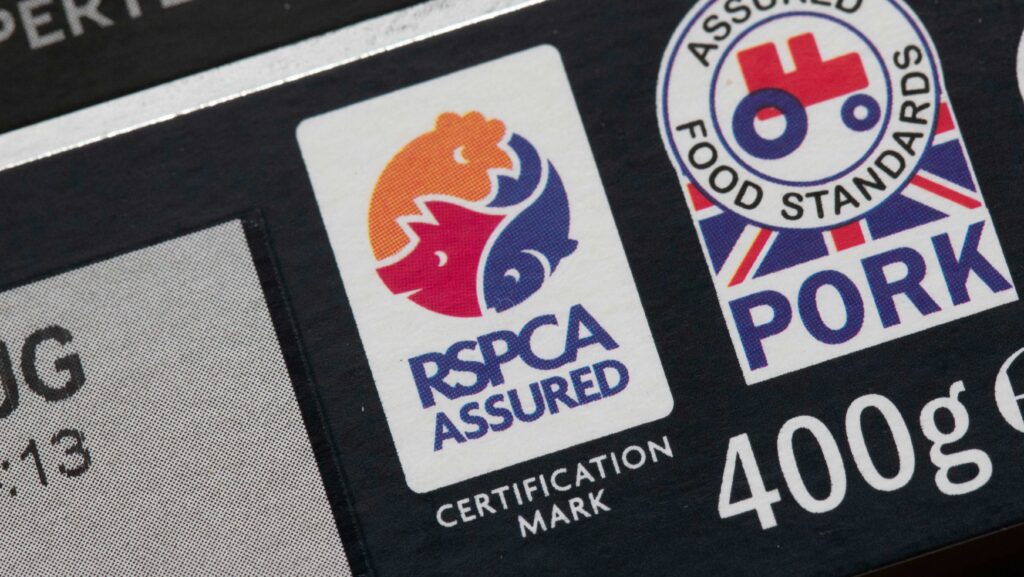Pork labelling ‘not helpful’ for informed buying choices
 © Tim Scrivener
© Tim Scrivener Labelling of pork products is not helpful to inform UK consumers looking to buy sustainable meat, and there is room for improvement in this area, a new study has concluded.
Researchers from the universities of Cambridge, Oxford and Sao Paulo in Brazil evaluated different types of pig farming, including woodland, organic, free-range, RSPCA-assured, and Red Tractor-certified.
They assessed each systems’ effect across four areas – biodiversity, greenhouse gas (GHG) emissions, antibiotics use and animal welfare.
See also: Defra sets out plans for ‘method of production’ food labelling
Their study (PDF) concluded that none of the farm types across the different labelling schemes performed consistently well across all four areas – a finding that has important implications for increasingly climate change-conscious consumers and farmers.
For example, farms with low land-use footprints (better for biodiversity) tend to also have lower GHG footprints, but higher antibiotics use and poorer animal welfare.
On the other hand, farms with high land-use footprints often have high GHG footprints, lower antibiotics use, and better animal welfare.
Individual farms that did perform well in all domains included an indoor Red Tractor farm, an outdoor-breeding, indoor-finished RSPCA-assured farm and fully outdoor woodland farm.
However, the findings also showed that common assumptions about food labelling can be misplaced.
For example, organic farming systems, which consumers might see as climate and environmentally friendly, have on average three times the CO2 output per kg of meat of more intensive Red Tractor or RSPCA Assured systems – and four times the land use.
Lead author Dr Harriet Bartlett said: “The way we classify farm types and label pork isn’t helpful for making informed decisions when it comes to buying more sustainable meat.”
Last month, the UK government announced a consultation on plans to include method of production on labelling for pork products as part of efforts to make food labels “clearer and fairer for consumers”.
